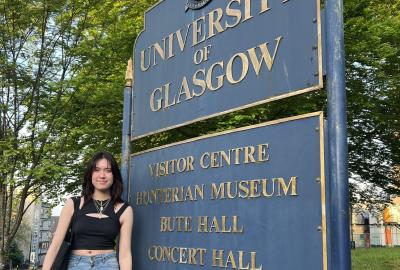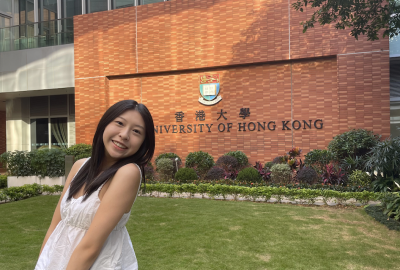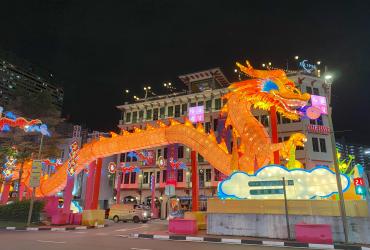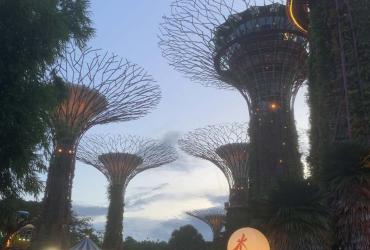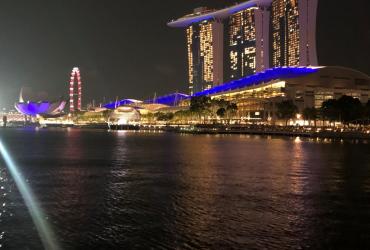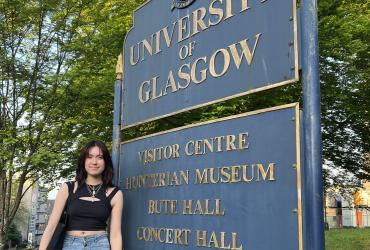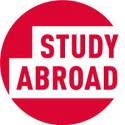Orientation and First Weeks
NUS had a lot of optional activities during the first two weeks, including faculty tours and welcome tea parties. My favourite activity was the Amazing Race, where exchange students competed in teams to reach as many Singapore landmarks as possible. My team tried food in Chinatown, ran across Marina Bay, and played games in one of the MRT stations. I also enjoyed the Singlish Workshop, an information session that taught exchange students popular Singapore slang terms. It was fascinating to learn how most of the locals used a combination of English, Malay, Cantonese, and other languages in their daily lives.
Accommodation and Living
While at NUS, I shared a twin-sharing apartment with one of my friends in the South Tower of the UTown residence. The apartment included a bathroom, an AC unit, twin beds, and a mini kitchen. Living in UTown residence was like living in a little lively town. There were restaurants, canteens, a rooftop pool, convenience stores, and classrooms all within walking distance from my dorm. The residence also organizes a lot of activities for residents. In the UTown resident towers, residents are also split into houses or communities based on their floor. Houses often hosted their socials, which allowed me to meet my neighbours.
Learning and Adaptation
Both SFU and NUS are similar in course structure. Lectures often had nearly 200 students for two-hour lectures. Professors also try to end classes 20 minutes early to give students time to attend other classes across the campus. There are also canteens in different faculty buildings and shuttle buses to help students travel across campus. There were also seminars, that usually have around 50 students and last for approximately 3 hours. Some language classes also have an intensive workload because they require attending a two-hour lecture, and multiple tutorials every week. Nearly all of NUS’s courses are also curved as well.
Accomplishments and Challenges
During the semester, I decided to take a Japanese language course. This led me to my proudest accomplishment, which was embarking on a solo trip to Japan. I decided to go because it was an opportunity to apply my learning by immersing myself in the culture. It was stressful booking flights and navigating on my own in a foreign country, but it also felt good to have some control over my itinerary. I visited Mount Fuji, explored Tokyo, and enjoyed great food.
My biggest challenge was handling the cultural differences and time management. When travelling to different countries, it can be overwhelming trying to figure out the local customs. I found it helpful to research the culture beforehand and keep a journal to write down observations. With time management, I found it useful to plan study sessions with my friends and explore different study spots. I also relied a lot on Google Calendar, to keep track of deadlines and make sure that my travel plans did not interfere with any assignments.
Social and Extracurricular Activities
Through the frequent events UTown hosts for its residences, I was able to meet a lot of local and exchange students. There were day trips to popular tourist attractions and also small campus celebrations for holidays, including the Lunar New Year. The campus also held school-wide events, such as the Japanese Culture Festival and an open house for the community.
Outside of campus, my favourite destination was Haji Lane, a street full of vintage clothing stores and colourful street art. I also loved visiting Gardens by the Bay, a tourist attraction full of stunning flowers. There are different areas that you can visit with some requiring an admission fee.
Here are other places I would recommend:
• Clarke Quay
• Hawker Centres
• Marina Sands Bay

